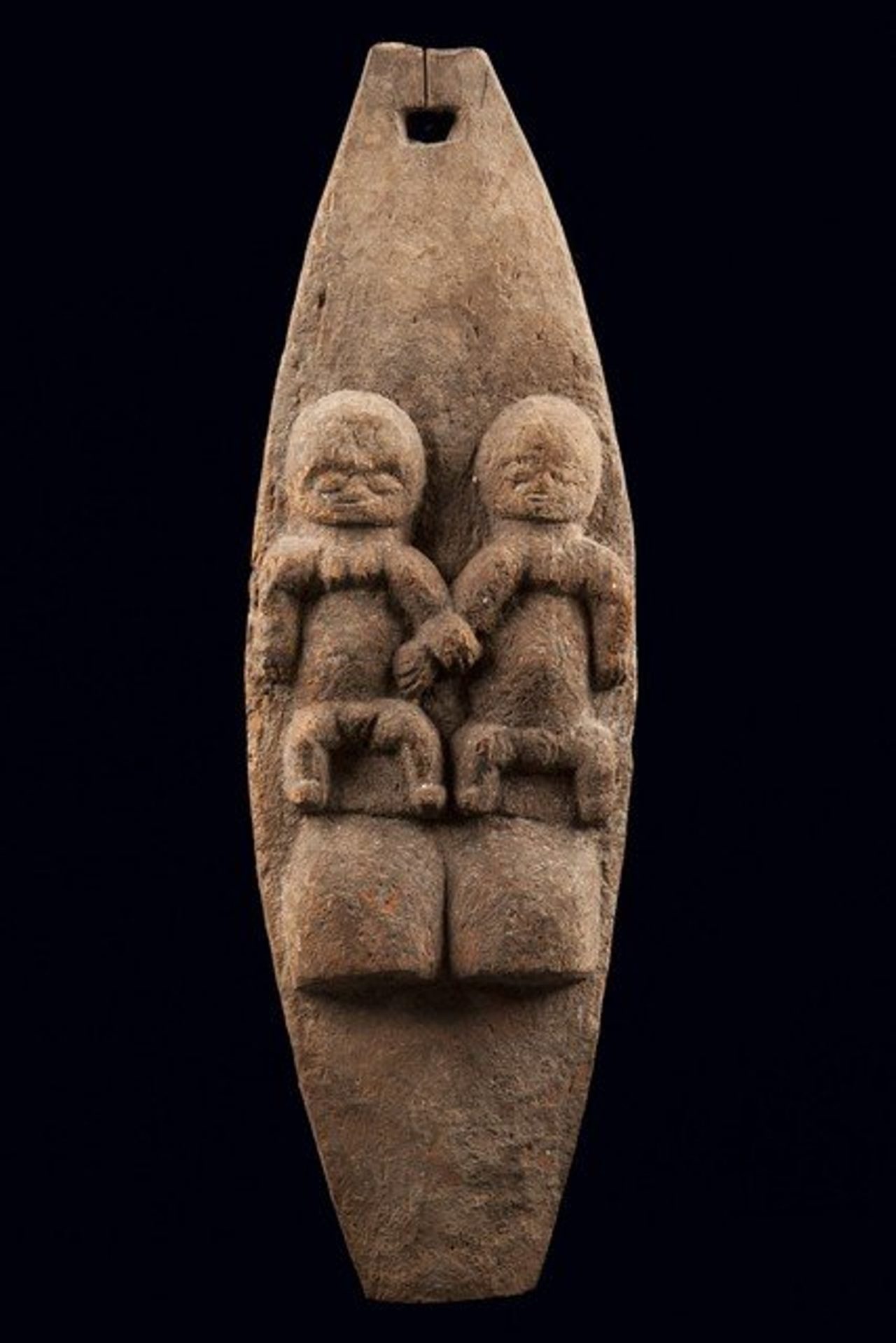
Oro is one of the many cultural practices among the Yoruba that have been going on since ancient times. Despite the emergence of “civilisation”, it has persisted and survived and still has relevance in contemporary times.
Oro is known by other names in some communities as some call it Ita, alugbe, ajala and magbo.
Cultural survival
Oro is a core traditional practice that is gender-specific and done by men only. Children under the age of puberty are also to be spared from the ceremony, as they are not allowed to see it. Like many other cultural rites that take place in many cultures but vary from one location to another, the practice of Oro is distinct from one community to another. It lasts anywhere from four days to three lunar months, depending on the community.
History has it that in ancient times, women played a significant role which is didactic in nature and comes at the end of the festival. It is said that Oro has a high priestess.
Inductions and Instalments
With this, there are different functions of the Oro. In a family, the Oro takes place as a rite that inducts a child into the family’s principles and belief system.
As a thriving cultural practice among the Yoruba people, Oro practices are associated with the names beginning with ‘Oro…’ Any who bears a name starting with this automatically informs another that their household god is Oro.
Again, the multiplicity of the practice of Oro involves divination and the foretell of a child’s destiny. In the story of “The Gods are not to Blame” by Ola Rotimi, it is by such means that the destiny of Odewale was foretold that he would kill his father and marry his mother, which came to pass.
In another form, Oro is the worship of a god. It is that practice that has the community giving reverence and worship to the Orisha Oro. This type of Oro is the predominant kind that entails parading the god around the community. Hence, in the Yoruba culture, the ritual rite and action is known as Oro.
Such practices often take place when a monarch dies. Just like the sadness that is bound to shroud a grieving heart, this cleansing takes place to cleanse the evil that might come to the community.
During this rite, everyone is expected to be indoors. The village town crier goes on days before the D-day to notify the community of curfew days before the Orisha Oro will be paraded within the community.
Being a very patriarchal practice in nature and gender-specific, there is a belief that fatal consequences await a woman seen out at this time. Whereas, the life of a man could be spared if caught outside, but has to appear to hide or act invisible as the Orisha Oro passes through.
One paradox embedded in the practice of cleansing the land is the speculations that several homes are left with a missing daughter, or woman, becoming one of the demerits of the practice.
The Influence of Oro on Authority
As with the Igbo masquerades performing judicial functions, the Oro also assumes such responsibilities of reformation in the communities, such as the spiritual form of cleansing the land from manipulations.
Still related to the monarchy, in the same way, Oro inducts a child into the home, the process of assuming the throne of Kingship also involves the ritual rite of Oro. A king is usually surrounded by his advisers in order of chieftaincy, and the practice of Oro comes into play to induct them.
The influence of the Oro in the authority bestowed on the monarch and his adviser acts as a binding force between them, the gods and ancestors, to make moral decisions in the best interest of the community.
Therefore, Oro curbs, curtails and brings to nought the intoxicating influence of power so that being fully aware of their pledge, they can lead under the ancestors and gods.
The practice of Oro has stood the test of time, but what may come of it in a hundred years to come in this new dispensation?
How long can this practice continue to be preserved through adoption and oral traditions as the core values and the belief system and culture of the Yoruba?
[ad unit=2]








